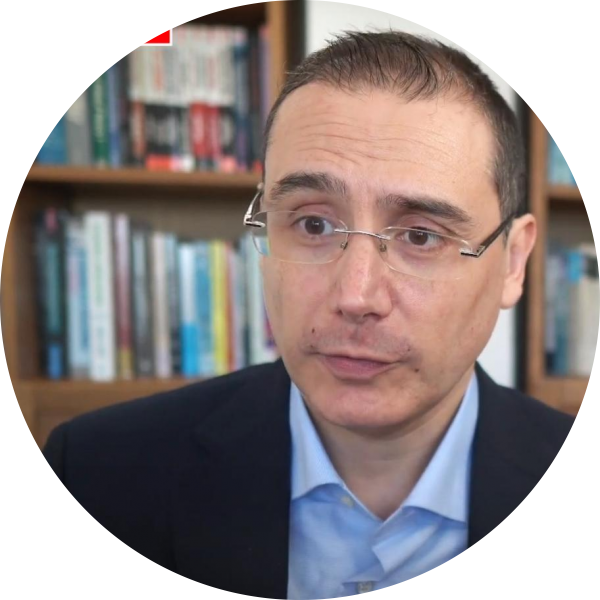Introduction to international relations
Primary tabs
This course provides an introduction to international relations and is aimed at students completely new to the field. The various topics analised provide a comprehensive review of the most important topics in international relations, such as rational choice and game theory, conflict and war, cooperation and trade, development and democratization. Why did the war in Ukraine start in February 2022? Are economic sanctions against Russia working? Why is it so hard to stop global warming, even though so many governments agree that it should be stopped? Are human rights a luxury good only for rich countries? Why are some countries more protectionist than others? Will globalization stop with the rise of China? Is French foreign aid helping corrupt Sahel leaders stay in power? Can the Israeli government negotiate with terrorists? Why didn't Afghanistan become a democracy after 20 years of American intervention?
The course is organized into four parts. The first part lays the scientific foundations, providing highly accessible coverage of key concepts, introducing students to different ways of thinking about the national interest, and showing them how to use the strategic perspective to better understand what is happening in all aspects of international politics. This first part also provides a basic, intuitive introduction to game theory and other logic- and evidence-based tools for the analysis of international relations. The second part of the course focuses on war and provides a more detailed assessment of how domestic political incentives and domestic government institutions shape leaders' decisions about the initiation, escalation, and termination of conflict. The third part focuses on peace and draws on the logic of collective action to help students understand why it is so difficult to get national governments to act together for a common goal even when they all agree on that goal. This section includes chapters dealing with the effectiveness of international organizations and international law, as well as a thorough assessment of climate change and environmental issues, respect for human rights, and the domestic political economy of international trade. Finally, the fourth part discusses world order and outlines efforts to promote democracy, alleviate poverty, and combat terrorism, examining which strategies work, which do not, and why.
Bueno de Mesquita, B. (2013). Principles of international politics, 5th ed. CQ Press.

